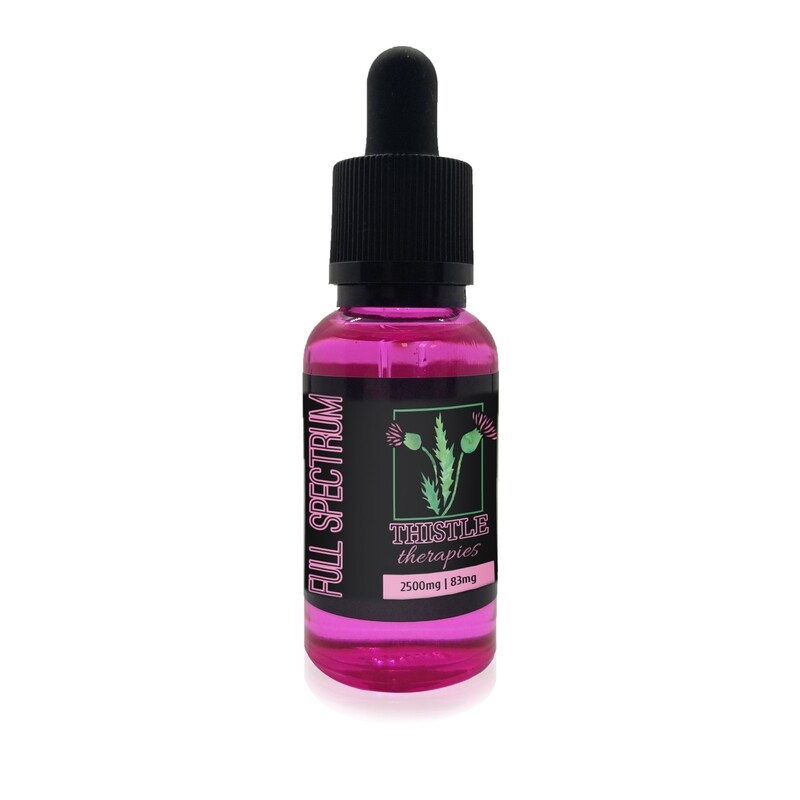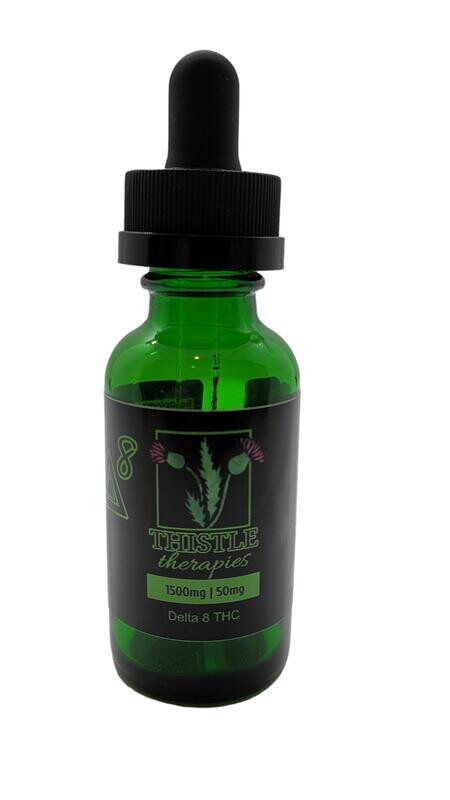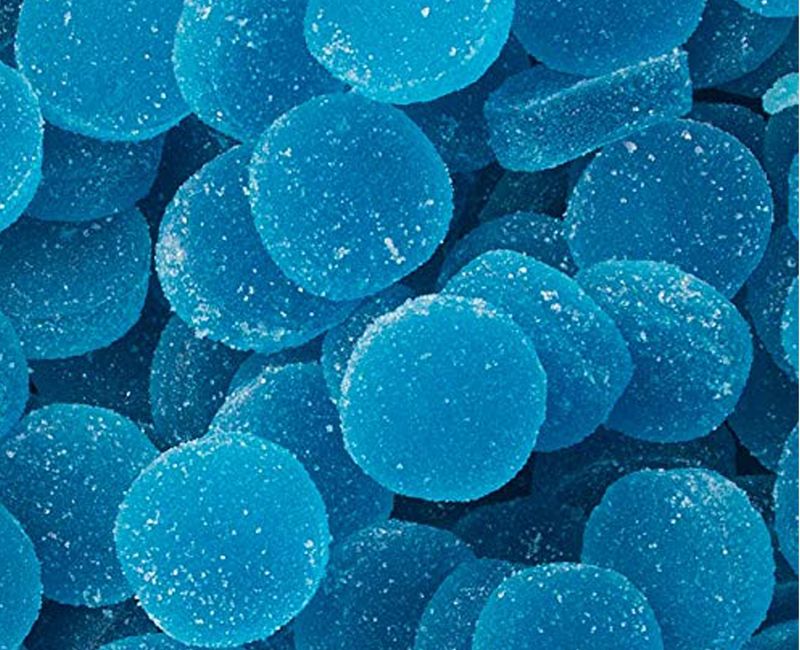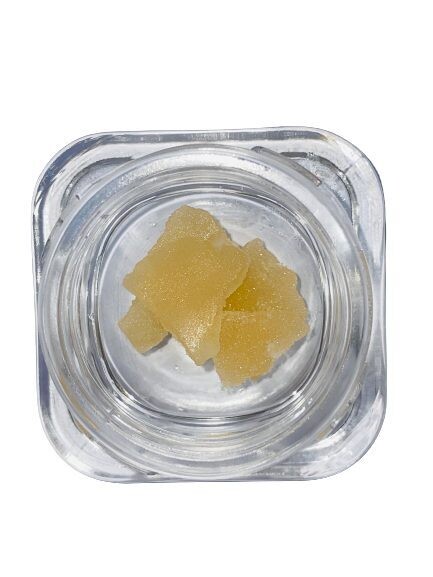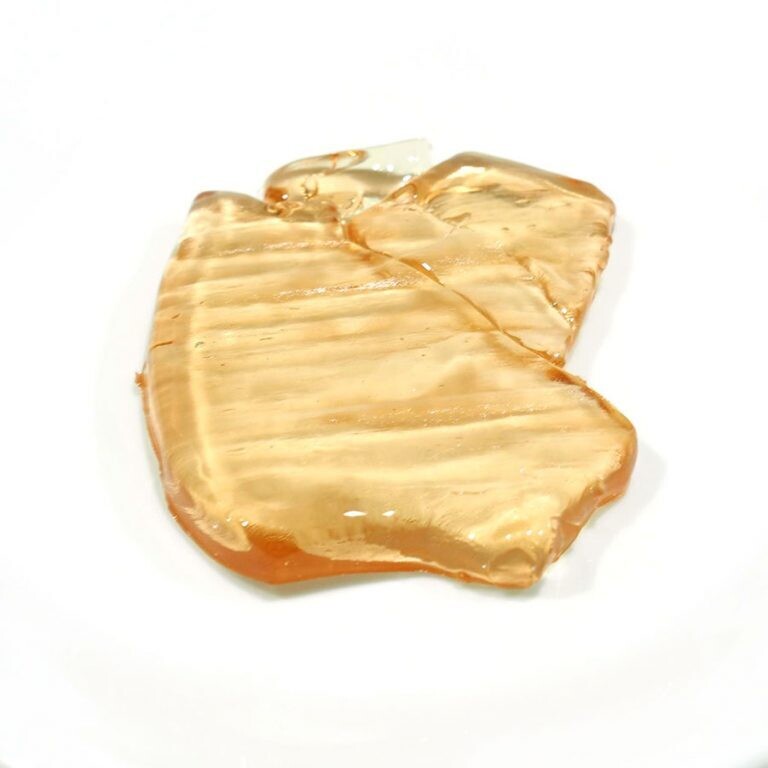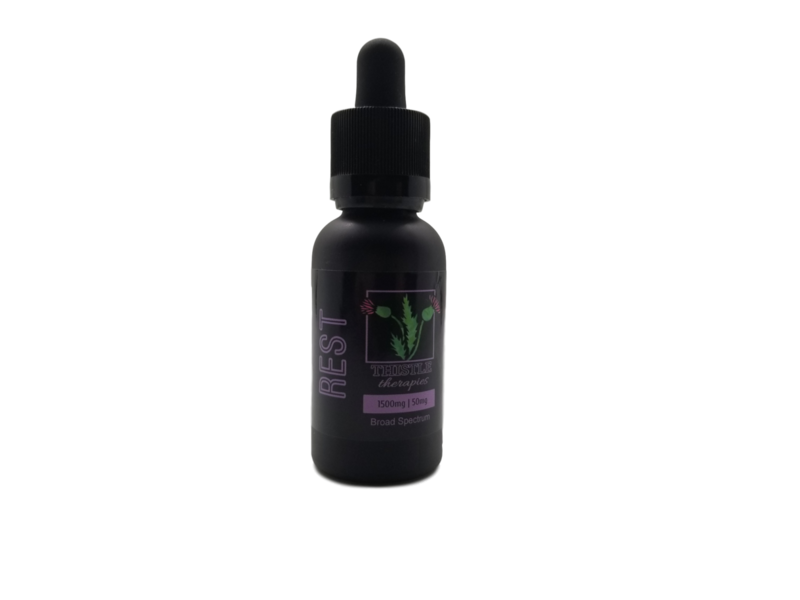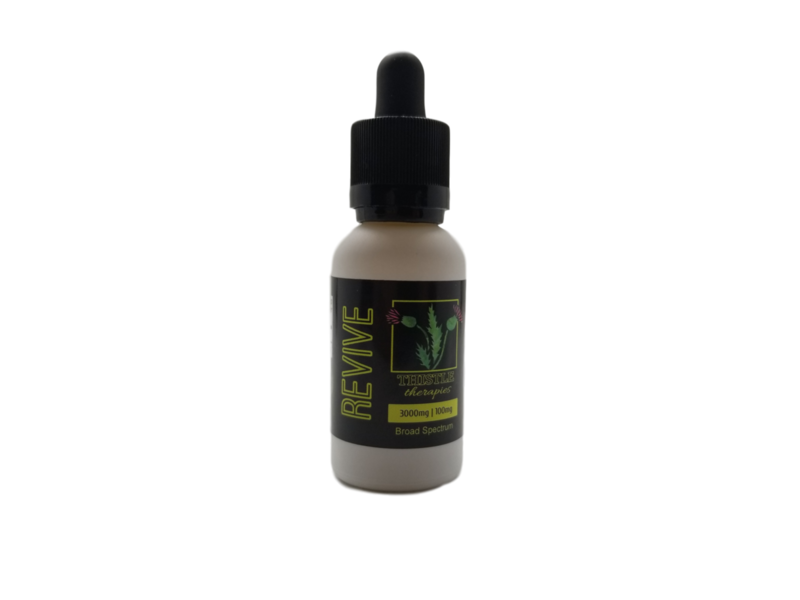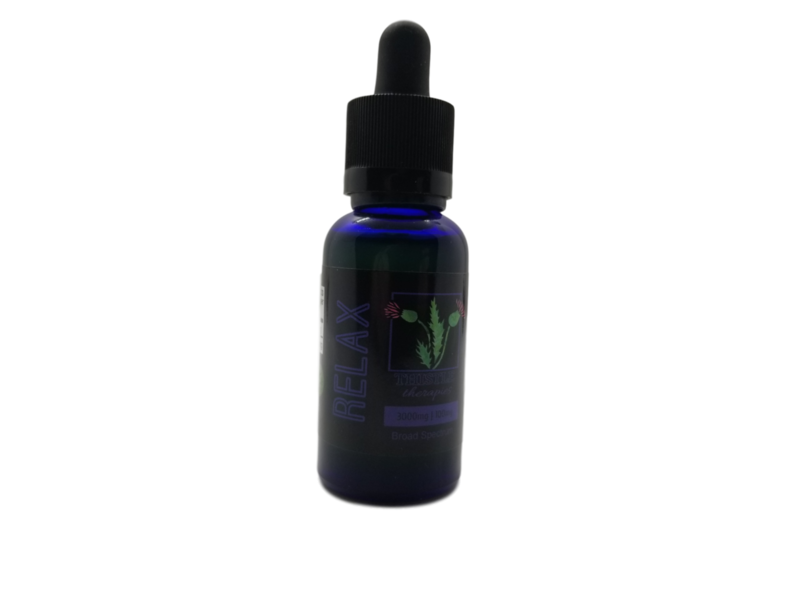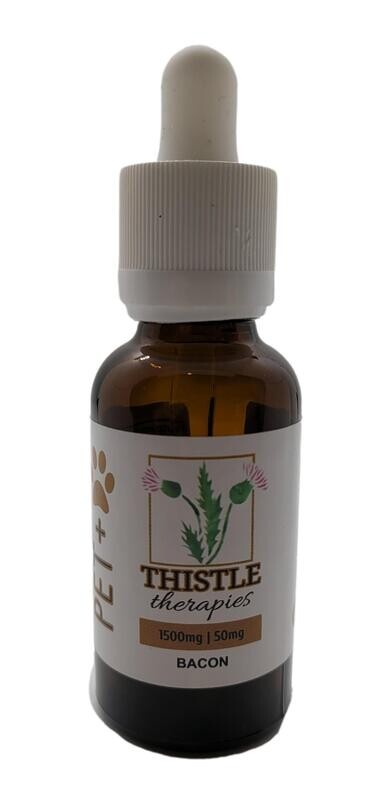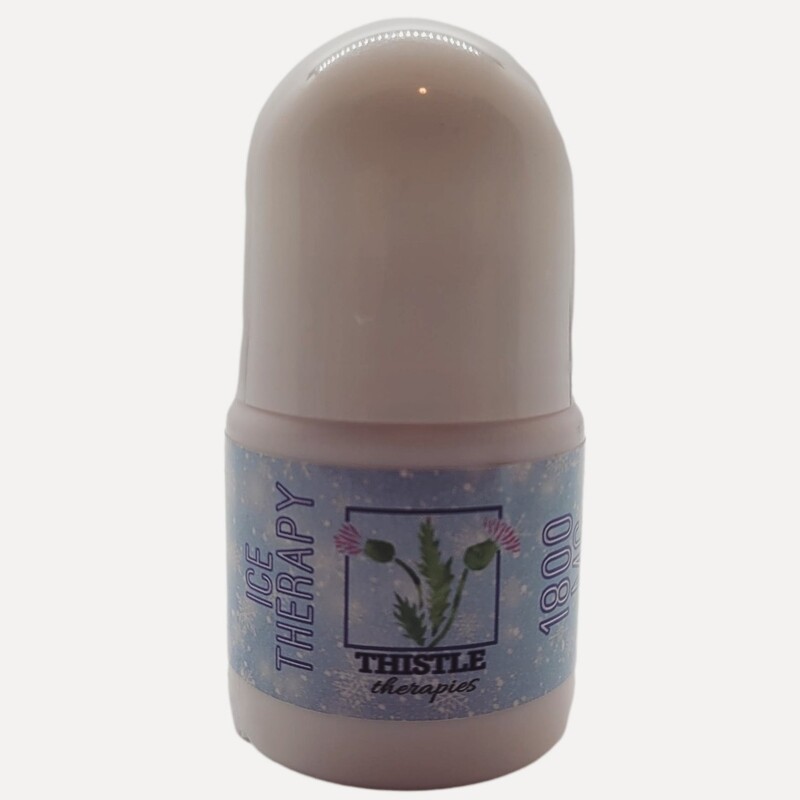Products
Welcome to Thistle Therapies! Here you will find an experience like no other, where you can choose your favorite type of CBD oil and customize it to your heart's content. With the addition of Terpenes, Minor Cannabinoids, and Natural Supplements, you can finally get EXACTLY WHAT YOU NEED and really boost the efficacy of the properties that are going to help YOU! Every tincture produced by Thistle Therapies is ORGANIC, THIRD-PARTY LAB TESTED, NON-GMO, GLUTEN FREE, CRUELTY FREE, VEGAN and MADE IN THE USA!
Featured Products


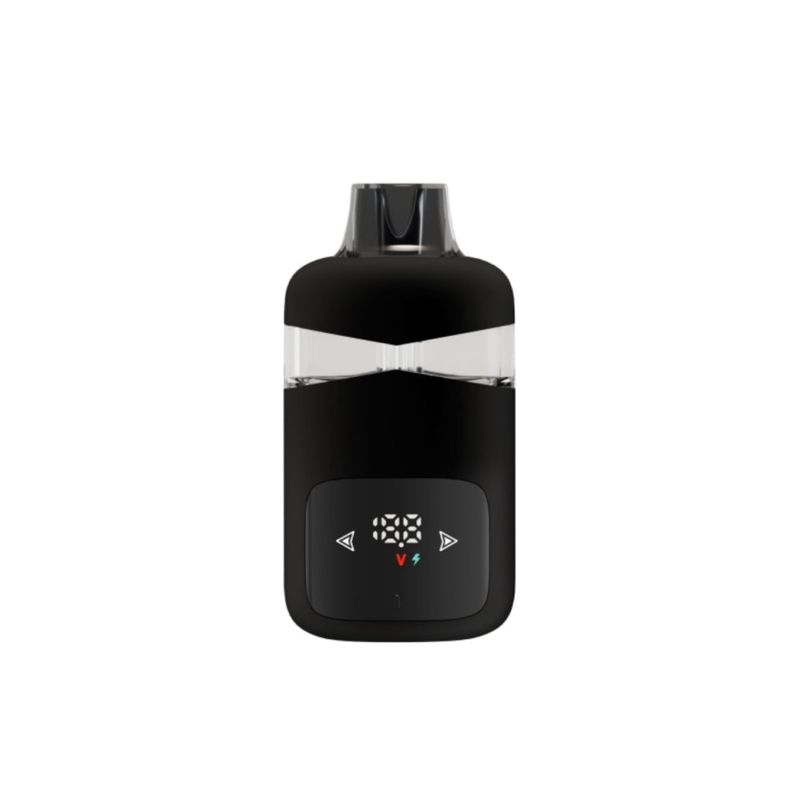
Click for more info
a-Pinene is an aromatic compound commonly found in cannabis that smells a lot like–you guessed it–a forest of pine trees. a-Pinene can also be found in conifer trees, orange peels, turpentine, pine needles, rosemary, dill, basil, and parsley. This terpene is amazing at treating Asthma & Breathing Problems, as well as ADD/ADHD & other Behavioral Disorders.
a-Pinene’s Potential Effects & Benefits
-
Focus
-
Bronchodilator (helps open airways)
-
Cancer
-
Alertness
-
Helps short-term memory disorders
-
Attention Deficit Disorder
The terpene b-Caryophyllene is present in many herbs and spices, including black pepper, basil, and oregano, and cannabis strains with high levels of it deliver a spicy, funky warmth to the nose, similar to cinnamon and cloves. b-Caryophyllene is the only terpene known to act as a cannabinoid: it can activate our endocannabinoid system to provide anti-inflammatory effects. If you struggle with Ulcers, Stomach Pain or Generalized Nausea, this terpene is right for you.
b-Caryophyllene Potential Effects & Benefits
-
Anti-Inflammatory
-
Nausea
-
Ulcers & Overall Stomach Pain
Humulene is no stranger to modern biomedical research, including studies on black pepper, hops, and ginseng. Humulene also plays a role in pharmacokinetics—the study of how the body absorbs, distributes, metabolizes, and excretes drugs—showing potential to be distributed rapidly throughout the body via both oral and topical absorption of an oil derived from the tropical plant black sage (Cordia verbenacea). Oil from this plant has also shown anti-inflammatory, antifungal, and antibacterial properties. This is the go-to terpene for Arthritic Pain.
Humulene’s Potential Effects & Benefits
-
Anti-Inflammatory
-
Arthritis
-
Antifungal
-
Antibacterial
Limonene has immense potential therapeutic benefits, such as promising evidence for limonene’s anti-tumor effects. In studies, limonene inhibited the growth of skin and mammary tumors. These studies were followed up with a Phase I human clinical trial which found that limonene was very effective at reducing cancer tumor growth for nearly a year. Later studies found that daily limonene supplementation for 2-6 weeks silenced a protein that promotes breast cancer tumor growth. Additional reports have revealed benefits of limonene in laboratory models of lung cancer and brain cancer by causing tumor cell death. This terpene can't be beat when it comes to treating Cancer and Depression.
Limonene’s Potential Effects & Benefits
-
Elevated mood
-
Stress/Depression relief
-
Antibacterial properties
-
Improves absorption of other terpenes and chemicals by way of the skin, mucous membranes, and digestive tract
Why would so many different plants produce Linalool? Its anti-microbial properties are protective for the plant and represent a potential therapeutic use in people. Whether it was used as an early antibiotic is unknown, but linalool (often in the form of lavender or peanut stems and leaves) has been used in traditional medicine practices for its sedative and anti-epileptic properties. Linalool also makes the immune system more resilient to the destructive effects of stress. Stress causes a shift in the distribution of white blood cells in the body (i.e., the cells of the immune system); the percent of lymphocytes decrease, and neutrophils increase. Linalool prevents this shift, and in doing so, prevents the stress-induced changes. Linalool is indispensible when it comes to treating Anxiety & Seizure Disorders.
Linalool’s Potential Effects & Benefits
-
Anxiety/Depression/Stress Relief
-
Insomnia
-
Anti-Convulsant
-
Helps with symptoms of Alzheimer's
Myrcene is the most abundant terpene in modern commercial cannabis. Herbal medicines containing myrcene have a long history of being used as a sleep aid in folk medicine. In Mexico, myrcene-rich lemongrass infused tea has been used as a sedative and muscle relaxant. It is common for Germans, who are the second largest hops growers in the world (the US is first), to use myrcene-rich hops preparations as a sleep aid. Myrcene is is the terpene you want if you're experiencing Insomnia, GI Issues, or Neuropathic (nerve) Pain.
Myrcene’s Potential Effects & Benefits
-
Neuropathic (nerve) Pain Relief
-
Insomnia
-
GI Issues (IBS, Crohn's, Celiac)
-
Enhances the Effects of THC
.png)







